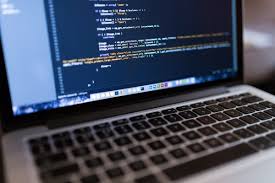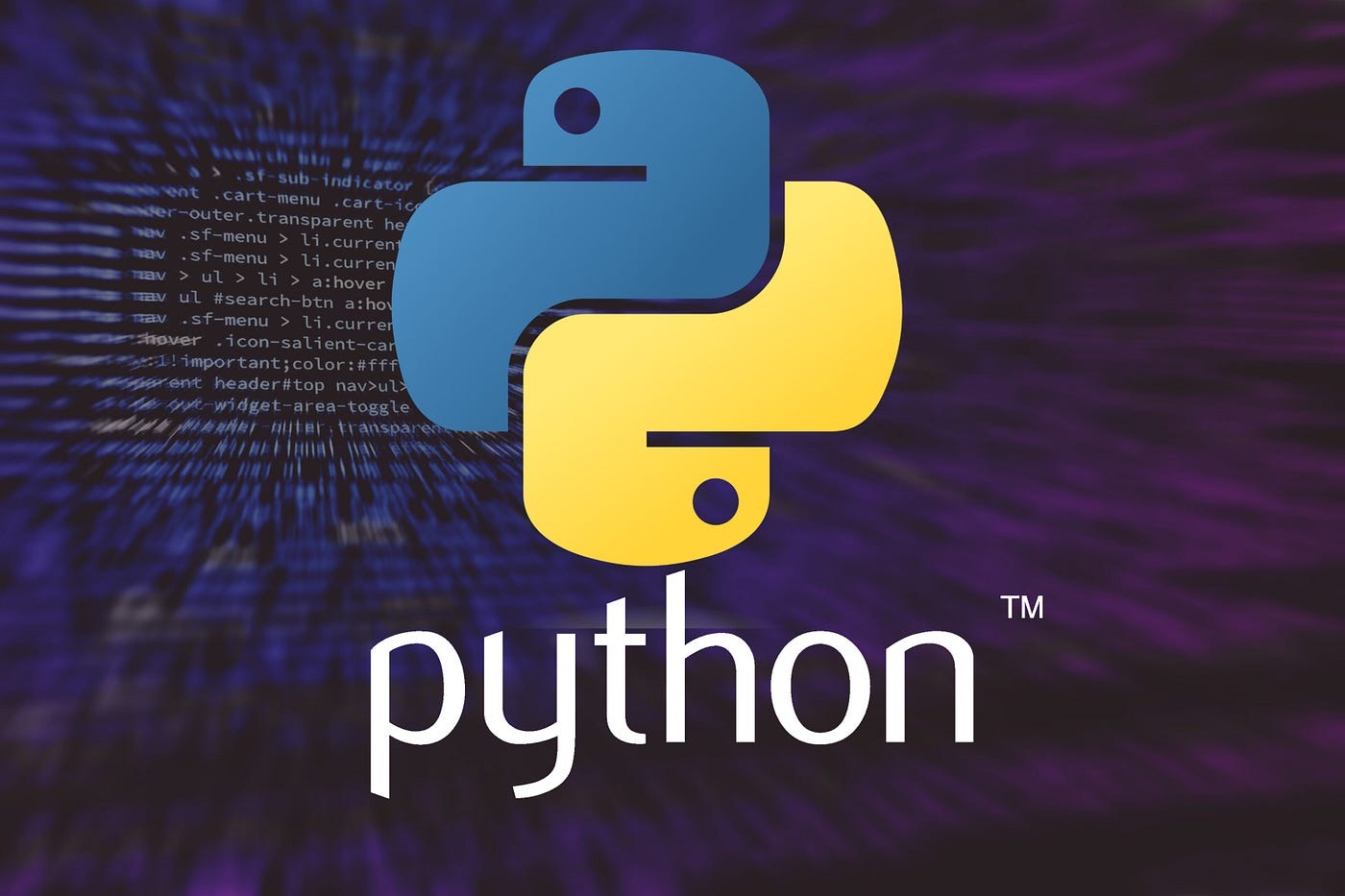
Best Online Coding Programs for Beginners in 2025
Learning to code has never been more accessible. In 2025, beginner-friendly online coding platforms are smarter, more interactive, and highly flexible—designed for learners of all ages and backgrounds. Whether you’re aiming for a tech career, building a side project, or just want to understand how software works, there are many excellent platforms available. This guide explores the best online coding programs for beginners in 2025, including key features, strengths, and what makes each option worth considering.
Table of Contents
ToggleCodecademy
Why it’s great for beginners:
Codecademy offers structured, interactive lessons that teach programming from scratch. You can start coding immediately in your browser—no setup required.
Highlights:
-
Hands-on coding in Python, JavaScript, HTML, CSS, and more
-
Beginner paths like “Code Foundations” and “Learn Python 3”
-
Built-in quizzes, projects, and career certificates
-
Active community forum
Ideal for those who learn best by doing and want step-by-step guidance.
freeCodeCamp
Why it’s great for self-paced learners:
freeCodeCamp is completely free and includes over 9,000+ hours of content. It’s especially strong for web development.
Highlights:
-
Certifications in Front-End, Back-End, JavaScript, and more
-
Real-world projects and nonprofit collaborations
-
Community forums and freeCodeCamp YouTube tutorials
-
Focus on practical coding with no fluff
Great for learners on a budget who want comprehensive, in-depth coding training.
Coursera
Why it’s great for academic-style learning:
Coursera partners with top universities and tech companies to deliver college-level coding courses in a flexible format.
Highlights:
-
Courses from Stanford, Duke, Google, and IBM
-
Specializations in Python, Java, C++, and data science
-
Option for certificates and university credits
-
Taught by professors and industry experts
Ideal for learners who want structured learning with strong credentials.
edX
Why it’s great for university-level learners:
Similar to Coursera, edX provides coding courses from institutions like MIT, Harvard, and Microsoft.
Highlights:
-
Learn programming languages, data analysis, AI, and more
-
Verified certificates and degree paths available
-
Introductory courses like “CS50: Introduction to Computer Science” from Harvard
-
Accessible to international learners
Perfect for learners who want high-quality instruction with flexible pacing.
Khan Academy
Why it’s great for young or visual learners:
Khan Academy focuses on simple explanations, beginner-friendly interfaces, and interactive exercises.
Highlights:
-
Beginner tutorials in JavaScript, HTML/CSS, SQL
-
Fun, visual drawing-based lessons
-
Great for kids, teens, and absolute beginners
-
Completely free
Best suited for learners who want to understand coding basics in a visual, interactive way.
The Odin Project
Why it’s great for future web developers:
The Odin Project is a free full-stack web development curriculum curated from high-quality sources.
Highlights:
-
Includes HTML, CSS, JavaScript, Node.js, React
-
Real-world projects and Git/GitHub instruction
-
Active Discord community
-
Teaches how to learn independently and build real apps
Best for motivated self-learners who want to build a portfolio.
Udemy
Why it’s great for budget learners seeking variety:
Udemy offers thousands of beginner coding courses at affordable prices (often under $20 during sales).
Highlights:
-
Learn Python, Java, C++, SQL, game dev, and more
-
Pay once, own forever
-
Top courses include downloadable resources and lifetime access
-
Course ratings help you pick the best content
Great for those who want flexibility and learning tailored to their interests.
Scrimba
Why it’s great for interactive learners:
Scrimba uses unique video + code hybrid lessons that let you interact with the instructor’s code directly.
Highlights:
-
Courses in JavaScript, React, HTML, CSS, and more
-
Interactive screencasts with live coding
-
Beginner and career tracks available
-
Built-in IDE and Discord community
Perfect for learners who enjoy real-time coding interaction while watching lessons.
MIT OpenCourseWare
Why it’s great for academic depth:
MIT OCW offers free university-level computer science courses straight from MIT.
Highlights:
-
“Introduction to Computer Science and Programming” (Python)
-
Full video lectures, assignments, and exams
-
Ideal for analytical and self-disciplined learners
-
No cost or registration required
Great for those who want an in-depth academic challenge.
CS50x by Harvard (via edX)
Why it’s great for complete computer science foundation:
CS50x is one of the most respected free intro courses in computer science.
Highlights:
-
Covers computer science basics, C, Python, and web dev
-
Engaging video lectures from Professor David Malan
-
Includes problem sets and final project
-
Free, with an optional paid certificate
Recommended for beginners who want to understand not just how, but why code works.
Google Career Certificates (via Coursera)
Why it’s great for career-focused beginners:
Google’s beginner-friendly certificates are designed to prepare you for tech jobs quickly.
Highlights:
-
Includes “Google IT Automation with Python”
-
Real-world projects and career coaching
-
Recognized by employers like Google, Walmart, and Deloitte
-
Monthly subscription model
Ideal for those aiming to enter tech support, IT, or DevOps roles.
Treehouse
Why it’s great for skill-building and guided learning:
Treehouse uses a Techdegree system designed to take learners from beginner to job-ready developer.
Highlights:
-
Tracks include Front-End Web, Full-Stack JavaScript, Python
-
Hands-on projects and quizzes
-
Supportive Slack community
-
Monthly subscription with structured path
Great for learners who want structured growth and mentorship.
SoloLearn
Why it’s great for on-the-go learners:
SoloLearn is a mobile-first app that lets you learn coding in short lessons, perfect for busy learners.
Highlights:
-
Courses in Python, C++, Java, SQL, JavaScript, and more
-
Code playground and quizzes
-
Active learner community
-
Free and premium versions available
Excellent for casual learners who want to learn anytime, anywhere.
Programming Hero
Why it’s great for gamified learning:
This app turns coding into a game-like experience, especially good for absolute beginners and younger audiences.
Highlights:
-
Interactive lessons in Python, JavaScript, HTML
-
Mobile-friendly with quizzes and coding challenges
-
Progress through levels like a game
-
Helps build mini-projects and apps
Fun and engaging for those new to programming.
BitDegree
Why it’s great for cryptocurrency and tech learners:
BitDegree combines coding education with blockchain technology and gamification.
Highlights:
-
Courses in JavaScript, HTML/CSS, Python, blockchain
-
Learner rewards via blockchain tokens
-
Offers career paths and skill testing
-
Some content is free, premium options available
Ideal for those interested in both coding and blockchain.
Conclusion
In 2025, there’s no shortage of beginner-friendly coding programs. The best platform depends on your learning style, goals, and schedule. Whether you’re a hands-on learner, prefer video-based instruction, or enjoy game-like lessons, there’s a perfect fit for you. Consistency is key—choose one that keeps you engaged and motivated, and start building your skills today.
FAQs
Which platform is best for complete beginners with no experience?
Codecademy, freeCodeCamp, and Khan Academy are excellent for true beginners thanks to their simple explanations and interactive lessons.
What’s the most affordable option?
freeCodeCamp, The Odin Project, and MIT OpenCourseWare are 100% free and offer comprehensive content.
Which programs help build a job-ready portfolio?
The Odin Project, Coursera (with certificates), and Treehouse Techdegree offer real projects and portfolio guidance.
Can I learn coding on my phone?
Yes. SoloLearn, Programming Hero, and Khan Academy are great mobile-first platforms for learning on the go.
How long does it take to learn coding basics?
With consistent effort, most beginners can grasp coding fundamentals in 3–6 months, depending on time spent daily.
Related Posts
Sign up with your email and always get notifed of zerodevicesnet Lifestyles latest news!




